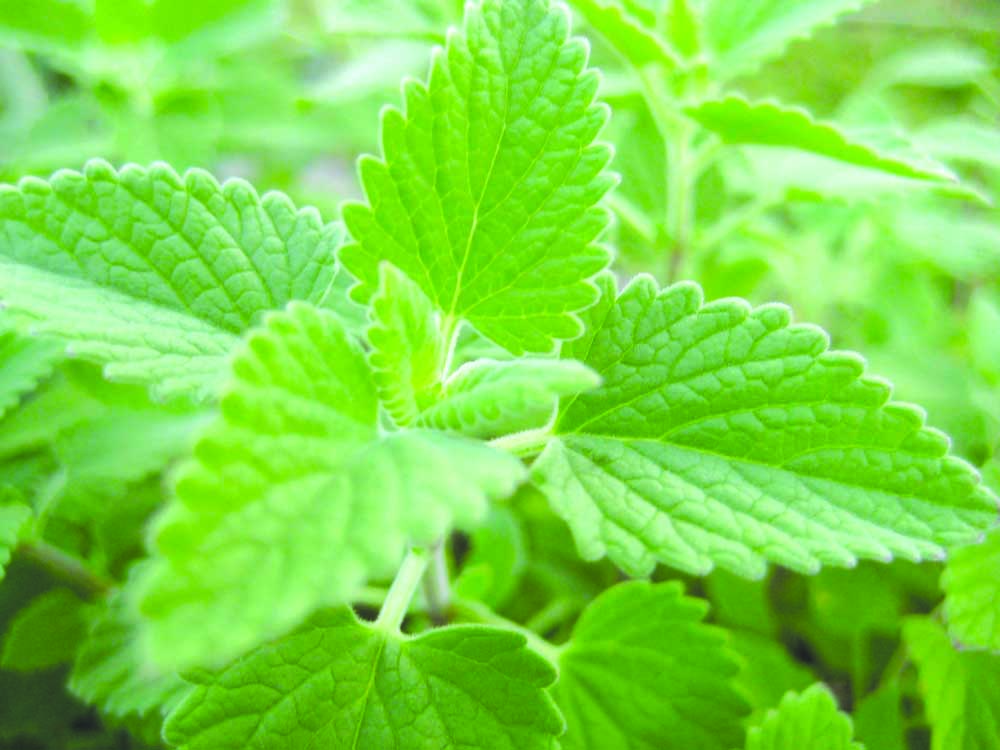Protect your garden and its visitors
Published 12:00 am Saturday, July 14, 2018

- Protect your garden and its visitors
To keep a beautiful garden in Central Oregon takes a lot of effort. Not everything grows easily in the high desert, so planning and maintaining flower beds and fruit or berry bushes as well as vegetable varieties can be somewhat labor intensive. Then, even once a garden grows, it can fall victim to nature when local wildlife discover what they view as a mouth-watering buffet.
In an effort to protect their gardens from unwanted pests, gardeners often unwittingly deter animals and insects that can actually protect the garden from other more ill-intentioned animals. Not every creature is out to get prized petunias or to devour tomatoes. In fact, many can prove beneficial to gardens, feeding on the actual garden pests.
Bats have a bad reputation —people often fear them because they believe they carry disease. But many bats feed on insects or fruits and will not harm a human. The average brown bat can eat 1,000 mosquitoes in an hour, keeping the pesky biters under control. Other bats may even eat certain rodents, which can cut down on the number of animals burrowing in the garden.
Like bats, snakes in a garden can be disconcerting to some people, but they are actually ideal predators because they are the right size and shape to invade the burrows of pest animals that can cause extreme damage. Not only do snakes feed on rodents several times their size, they also eat a wide variety of insects.
Frogs and toads also prey on insects and make the local bug population more manageable. Frogs and toads are attracted to water, so including a pond or another water feature in the garden will provide them with a habitat they like.
Birds also appreciate having water and while it is true that some birds can damage certain plants and crops, many are content to feed on insects, helping to keep their numbers in check. Chickadees, for example, dine enthusiastically on aphid eggs, while larger birds may prey on small rodents or at least scare them out of the garden. Hummingbirds are beneficial because they sip on flower nectar and pollinate plants.
Butterflies and bees are responsible for pollinating the vast majority of plants and are truly beneficial insects that the world needs. It’s important to avoid using pesticides that may diminish butterfly or bee populations.
Not only do pesticides put nature’s creatures at risk, but home-gardening enthusiasts may also be contaminating water and soil through the use of pesticides. While commercial farms are often blamed for the vast array of contaminants that find their way into water supplies and the soil, data from Green-NetWorld, an environmental advocacy group, indicates Americans use approximately 2.2 billion pounds of pesticides every year.
Pesticide use is a prolific problem. More than 100 active pesticide ingredients are suspected of causing cancer, gene mutations and birth defects. In addition, a growing list of pesticides may disrupt the immune and endocrine systems and have long-term impacts on infants and young children. Research indicates that many pests targeted by pesticides will develop resistance to these pesticides, eventually rendering the chemicals useless.
One way to reduce contamination at home is to explore the many alternatives to high-risk chemical pesticides.
Something as simple as planting catnip in the garden is a natural way to repel mosquitoes.
Dish soap can be an effective pest killer. Spray soapy water around the exterior of your house and on plants that have a pest problem. The soapy water can kill ants and can coat the wings of small flying insects or suffocate aphids and spider mites.
Sprinkling epsom salt on the leaves of plants in the garden can keep away animals, such as deer or groundhogs, that would otherwise devour plants.
When nothing from the kitchen is quite cutting it, gardeners should explore the use of reduced-risk pesticides. The United States Environmental Protection Agency is examining pesticides that pose less risk to humans and the environment than existing pesticides.
Furthermore, biological products, also known as biopesticides, can play a role in a more sustainable food chain. These control agents include fungi, bacteria or viruses and can be applied like chemical pesticides but do not leave toxic residues.
Many animals and insects can be detrimental to the health of a garden. However, several are actually handy to have around and should be welcomed to the landscape. Therefore, before homeowners turn to chemical pesticide applications, they can explore many natural remedies to keep unwanted pests at bay.








